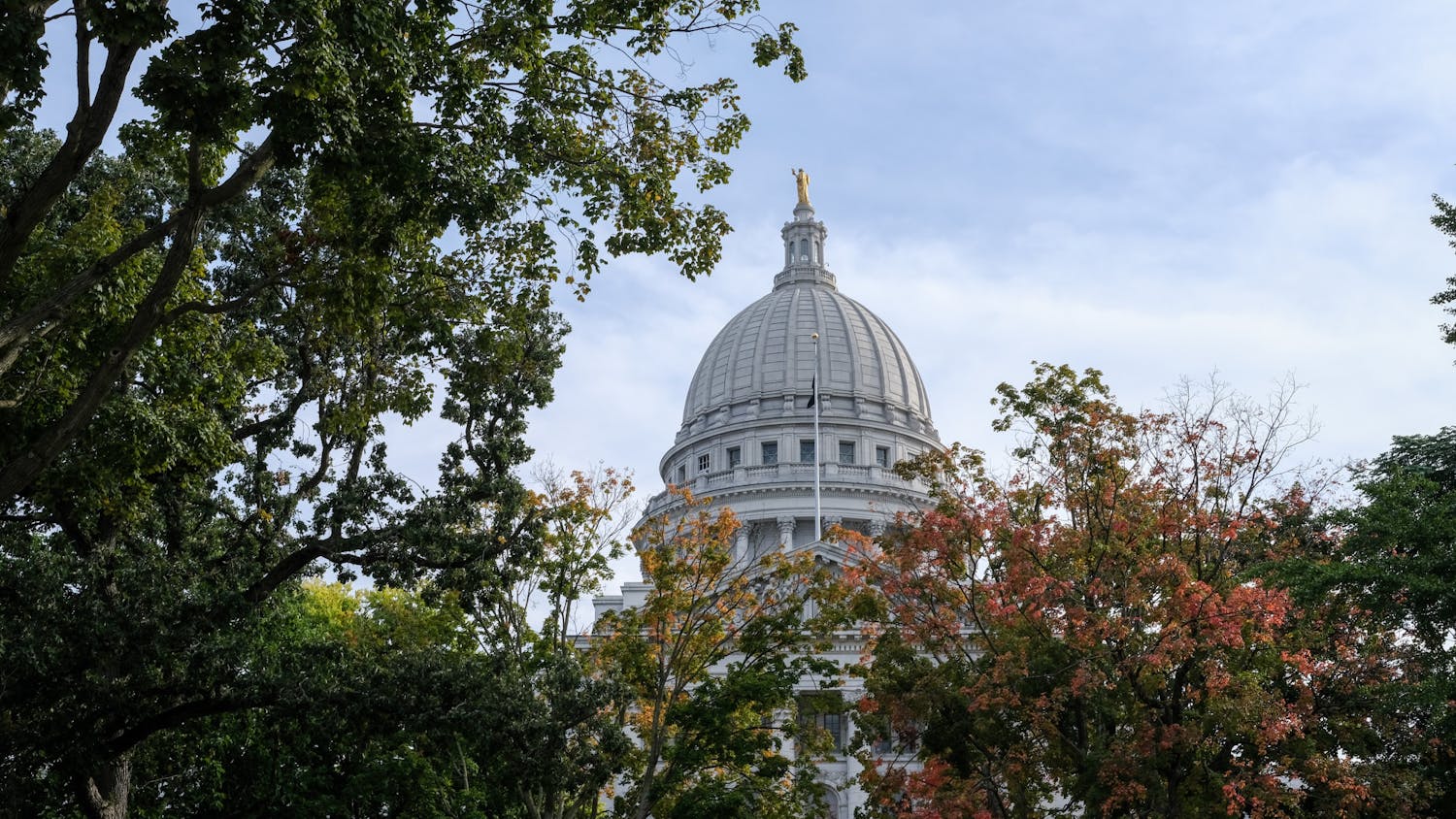Although the Department of Natural Resources sold over 644,818 gun deer licenses for the opening weekend of the 2003 deer gun season, Wisconsin's hunting tradition is weakening because of the onslaught of chronic wasting disease in state white-tailed deer populations, according to
a UW-Madison professor and CWD expert.
\Hunting has taken an incredible hit in the state of Wisconsin, first in the discovery of CWD and also in the way the management agencies responded to it,"" said Thomas Heberlein, UW-Madison rural sociology professor.
According to the DNR, the sales of gun deer licenses were up 4.2 percent from 2002, the year researchers discovered cases of CWD. However, the number of hunters this year is still drastically lower than in years prior to the discovery of the disease.
""Many of these hunters will never hunt again,"" Heberlein said.
DNR spokesperson Greg Matthews said about 90 percent of hunters are keeping their venison this year, as compared to about 40 percent in 2003, adding the concerns over food safety have decreased this year.
Heberlein, however, said there is still fear of eating meat from an infected deer, and said those who will hunt this year will probably not shoot as many deer.
""Many have said, 'I'll shoot the big buck if I happen to see it, but I'm not going to shoot a doe or a fawn because my wife won't eat the meat,'"" he said.
Richard Bishop, professor and chair of the Department of Agricultural and Applied Economics at UW-Madison, recently finished a study on the economic effects of CWD in Wisconsin. He found the state lost between $58 million and $83 million in 2002, and will still lose between $30 million and $53 million in 2003.
Bishop predicts resident hunters will spend money in other areas, counterbalancing losses to the deer hunting economy.
""Nevertheless, businesses that serve hunters are likely to feel the effects ... as fewer urban deer hunters spend money on the service they provide,"" he said in his report.
Heberlein said he was very disappointed in the state's efforts to counterbalance the biological research of CWD with social research, saying the state should have surveyed hunters' opinions on the disease and researched its effects on various social groups.
""There's more to hunting than just shooting an animal,"" he said, adding hunting is rooted in the state's culture, which involves family traditions and is weakening because of CWD.





